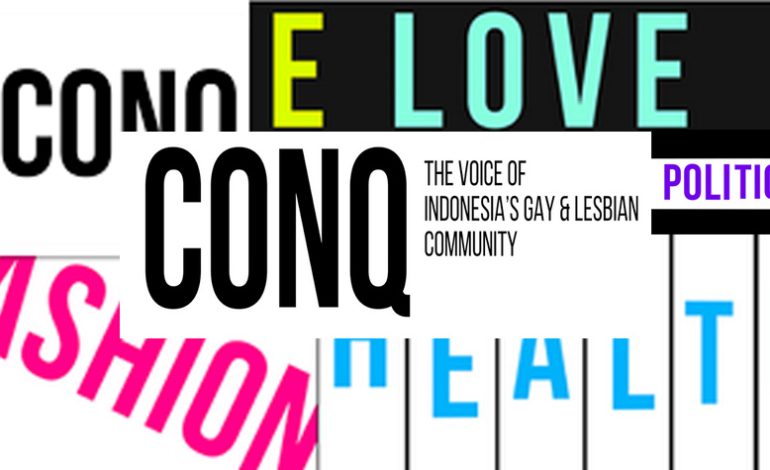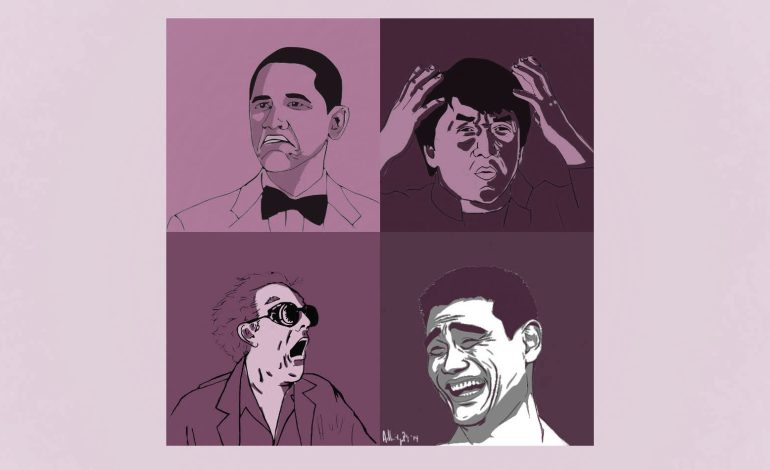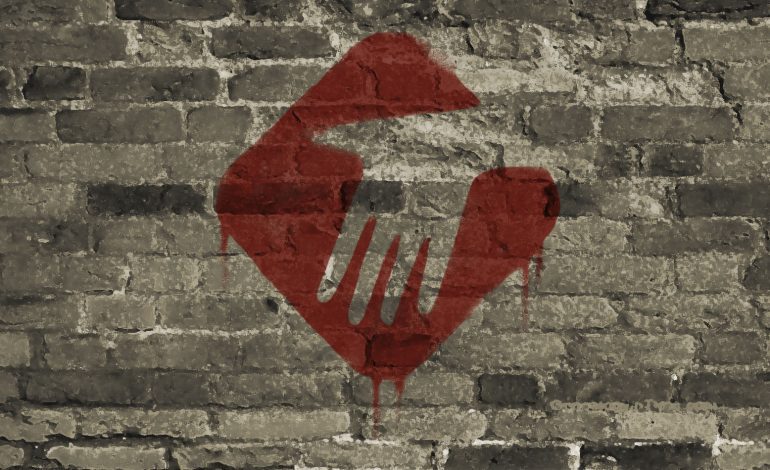Sex and the City for Queer: A New Web Series

Lukas and Timo couldn’t be more polar opposites. The former wants to defy gay stereotype, while the latter couldn’t be happier to succumb to the glitz and glamor that gay life can offer.
This duplicity of characters is the focus of a new web series called ‘Conq’, with the just under 8-minute first episode “Unstereotype Me” launched a week ago on its YouTube channel.
Created by filmmaker Lucky Kuswandi, 33, the series sheds a different light on how Lesbian, Gays, Bisexual and Transgender are depicted in the local media. Apart from the web series, there are also videos portraying inspirational gay people and short films submitted by people.
Magdalene met with Lucky recently and the following is the excerpt of the interview.

Photo Courtesy of Lucky Kuswandi
Why did you create this web series?
It started from a blog, www.conq.me. My friends and I felt that there were no LGBT media that were suitable for us. The local media is either porn site or hardline activism. The latter always portrays gays in a bleak picture; how miserable we are and how we fight for our lives.
I mean, I want to see something like Out magazine, which provides a good balance on sex, politics, culture, and so on. So, two years ago, we created a blog, which does not always talk about LGBT issue, but more general issue. Because your life is not just about being LGBT.
We picked the name ‘conq’, because it’s easy to remember. It derives from bencong (effeminate men or transvestite), which is actually a derogatory term, but being used within gay communities as a term of endearment. So, it’s endearing and also self-deprecating if being used by gay communities. Every writer uses pseudonym with the word ‘conq’, like Anna Winconq, or Deepak Conqpra.
The blog became quite a hit. And then I thought, it would be great to create a web series, as I’m a filmmaker. (Director/producer) Nia Dinata then suggested me to seek funding to make this web series. Ford Foundation, as it turns out, approved this project, so here it is.
The feedback has been good; we received over 3,000 views already since it’s launched last week. And there’s no gay bashing.
Why did you choose ‘Unstereotype Me’ as the first theme of the series?
It’s a personal experience. I see a lot of gays out there who are in euphoric state, living the gay life with the main focus on partying, having fun…it’s all about sex. It’s kind of tiring.
But maybe, as one of the characters put it, because we are not yet accepted by the society, our gay friends become are our support system. So, whenever we meet, we strictly talk about gay issues, cause who else can we talk to about things like that?
Perhaps only when the acceptance is wider, then (gay) people can move on.
So, the content will be updated weekly, or monthly?
The content will be updated once a month at the latest. Aside from the web series, we also have interviews or profiles of inspirational LGBT people. There aren’t many of them who are out. Barely any celebrity has come out while celebrities do have the power (to reach out to people and show them it’s ok being gay).
People suggested me to profile (mentioning a famous fashion designer). But I don’t want to. That will strengthen the stereotype of gay people. That most of gay people work in fashion, design..
I want to showcase regular people who do good, inspirational things. It doesn’t have to be pure activism.
One of the people you’ve profiled, Dalih Sembiring, raised an interesting issue about how LGBT activism is too exclusive.
I agree with him. Activism can come in different ways, like what Dalih and his friends do. He’s active in urban farming in Yogyakarta, that’s a form of LGBT activism as well. They engage with a lot of people without hiding their identity.
But on the other hand, today’s not really a good time for LGBT activism, with the society getting more conservative. The Q! Film Festival (Indonesian LGBT film festival), for example, continues to receive a lot of threat. Maybe, we should just wait for the new president.
You’re launching a new feature film soon, right?
Yes, it’s called Selamat Pagi, Malam (In the Absence of the Sun) and it will be launched in June. I think you will like it. It’s about how women are forced to lose their identity in this conservative society. They are expected to do certain things and act certain ways, like getting married and have kids, and they are expected to have certain looks.
The main characters in this movie are a lesbian, a social climber and a woman who feels her dedication to her husband has gone to waste when she finds out that he’s cheating on her.
The plots are played against the setting of Jakarta. Like, one of the characters in the movie is having a reverse cultural shock when she returns to Jakarta. The city is indeed confusing. It’s so fast in absorbing new trend and culture, like the donut trend, and then frozen yoghurt. But the essence is missing. The society is still traditional. Jakarta is like New York in the 1920s, like in Edith Wharton’s books. Social status still plays an important role.
Even people who have studied abroad, when they come back, they conform to the traditional values.
You care about women’s issue, aren’t you? Your first film, Madame X (2010), is about women and transvestites, and now Selamat Pagi, Malam.
My early short film, Miss or Mrs?, is about how single women face being stigmatized every time they go to obstetrician/gynecologist. Yes, I care about women. I care about marginalized people, actually. Maybe because I’m Chinese Indonesian, so it’s a (discrimination) double whammy. But my work is always about the things that bother me.
Articles about gay issues are always a hit in Magdalene. The one about gay men marrying straight women to conform with the society apparently made a number of people mad. The writer is lambasted for revealing their cover.
In the case of gay man marrying straight women I think the most important thing is the women know about the fact that the men are gay. It has to be a mutual thing. But I can understand the pressure gay men face from the family.
Speaking about coming out, sometimes people don’t want to be out to public not because they’re ashamed of themselves, but because they don’t want that to be the defining point of who they are. What do you think about that?
(Pausing for a few seconds) I think it’s a choice. A smart choice, in fact, given the (conservative) society in this country.
So, what’s next for the web series?
We’ve received the funding to make 12 episodes, so we’re working on that. As you see in our YouTube channel, we invite people to submit their short films. I want as many filmmakers as possible to talk about LGBT and put them in one venue, this channel.
We want to tell the stories of lesbian, too. It’s kind of hard because they are rarely out. And it’s hard to find the stories about them that are not melodramatic. I guess lesbians are facing double whammy. They are discriminated against as women and as lesbian.
We’re interested in transgender stories as well, but we don’t want the stereotypical ones.
What’s the next episode would be about?
The next episode would be about Grindr (a geosocial networking application geared towards gay, bisexual, and bi-curious men). I think it’s a form of discrimination. People choose others because of the photos; everybody wants to pick good-looking, buff guys. What about the chubby but maybe more interesting ones?
But isn’t that the nature of online dating? It’s a consumer experience. A meat market.
True. We’ll present the pros and cons. Again, we’ll have Lukas and Timo as the recurring characters. They are the duplicity characters, the polar opposite of gays.






















